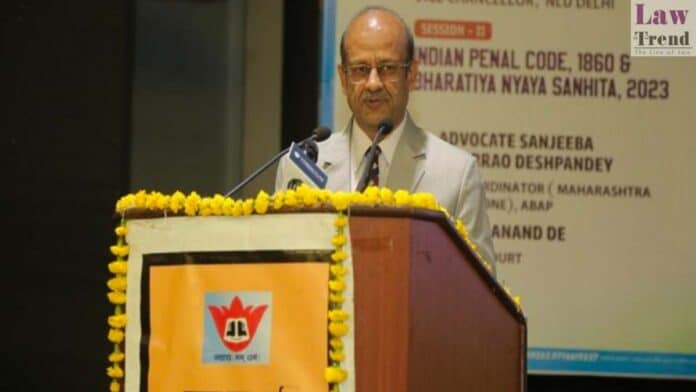During the First Supreme Court Advocates on Record Internal Legal Conference in Goa, Justice Rajesh Bindal of the Supreme Court highlighted a critical deficiency in the Indian arbitration system—the lack of comprehensive data collection. Speaking on October 19-20, Justice Bindal described this shortfall as a “major roadblock” in developing effective arbitration policies in India.
According to Justice Bindal, the absence of systematic data recording on ongoing arbitrations hampers the ability to formulate and refine arbitration policies. “We do not have data about arbitration that is going on in India at the moment. We cannot have policies unless we have data,” he stated, emphasizing the need for arbitral institutions to maintain and report on arbitration activities, a practice currently not mandated.
In a bid to reduce judicial interference in the arbitration process, Justice Bindal proposed that arbitral institutions should take on the role of appointing arbitrators, suggesting, “A clause can also be thought of that an arbitrator will be appointed by the institution only.” This approach mirrors practices in places like Singapore, where the arbitration institution handles arbitrator appointments in default situations, streamlining the process and potentially reducing court involvement.
Moreover, Justice Bindal advocated for the creation of a “separate arbitration bar” dedicated to arbitration, akin to the specialized bars serving tribunals and high courts. This, he argued, would foster a pool of legal professionals specializing in arbitration, enhancing the quality and efficiency of arbitration proceedings in India.
Highlighting the broader benefits of strengthening arbitration practices, Justice Bindal noted that with appropriate statutory or financial support for arbitration institutions, India could position itself as a significant hub for international litigation. Such improvements would not only streamline domestic arbitration processes but also attract more international cases, enhancing India’s global standing in arbitration.




